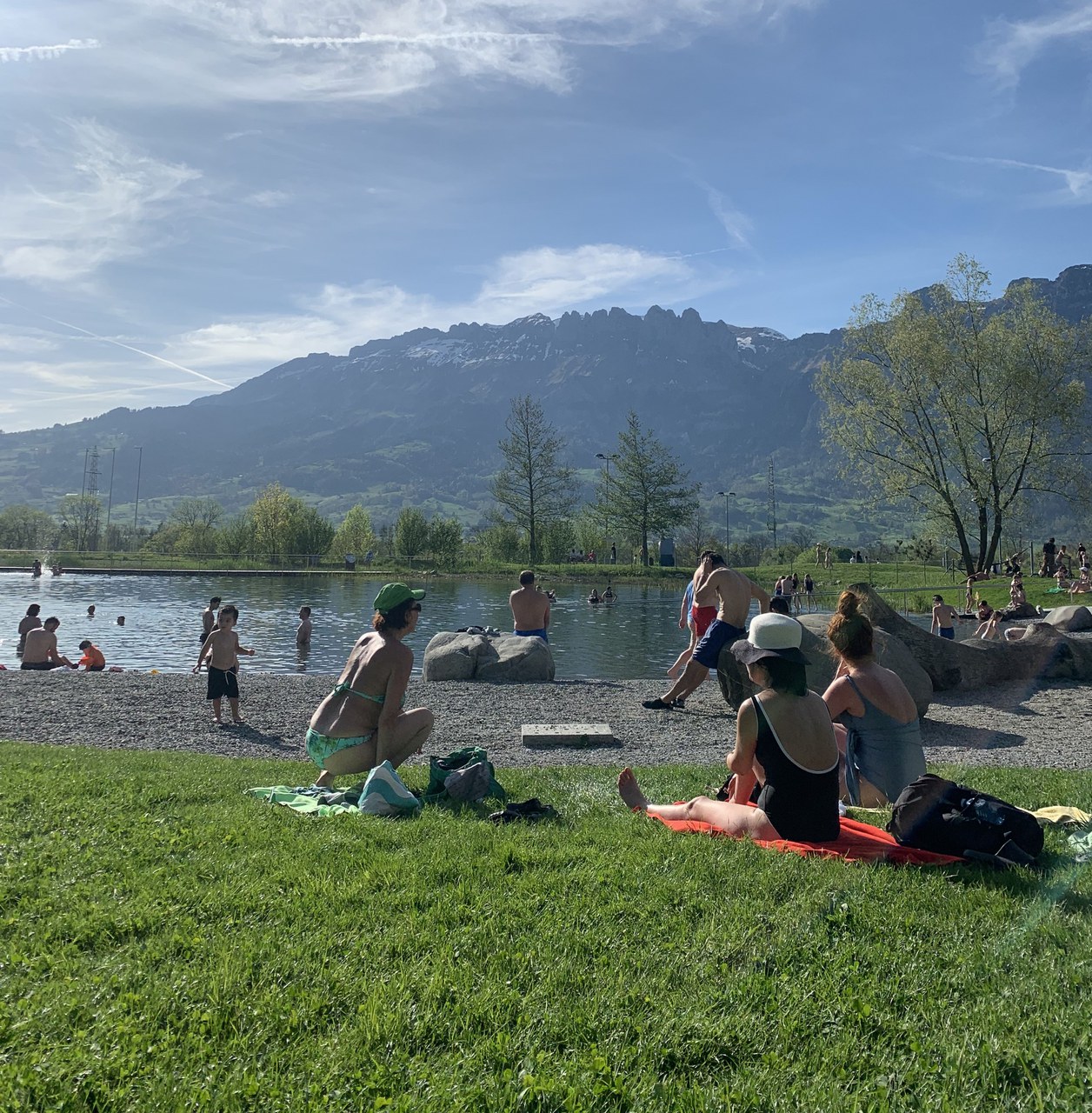Back in the day when my grandparents were children, they lived on a farm. When they went to sleep, leaving the backdoor unlocked was a common habit. But as Belgium became more densely populated, coupled with tragic incidents like the infamous ‘Dutroux case’ made citizens lose their connection to the community. They started to distrust each other. Nowadays, people lock the door when they go to sleep. They even double-check to ensure everything is secure. Whether it’s our houses, bikes, cars, or any other valuables, we’ve become vigilant about keeping our belongings safe. Even a ski lock is becoming increasingly popular. When I then saw Liechtensteiners storing their ski’s at the back of a public bus, I was stunned.
In Liechtenstein, it seems like time stood still. The small size, geography and the people of the country stimulate familiarity with each other. Simple acts like striking up conversations at bus stops or exchanging the famous greeting ‘hoi’ while passing by creates connection and builds trust among people. The other day, I saw a child around 4 years old walking all by herself to who knows where. A few moments later, I saw even more children walking, exploring, and having fun on the streets. I found it beautiful and frightening at the same time. The parents trust the community enough to let their child walk home alone. In Belgium, trust in the community has disappeared. Letting your children walk, play, explore on their own is not done. ‘It is not safe.’ Is a commonly used phrase. This stimulates distrust and creates a private atmosphere instead of a communal feeling. While these children were walking down the street, an older man yelled at someone else about 100 meters away. They were having a conversation across the street for everybody to hear. When an older woman joined the conversation, I was even more surprised. They were talking to each other as if they were in their own garden and not in a public space. When they finished their conversation, they went their separate ways. It seemed like a usual thing for them. One of them approached me and started talking. It seemed like he wanted to have a conversation which I found interesting. Why talk to strangers?
Thinking about Belgium and Liechtenstein, it's reflecting on two different worlds. Belgium, where I grew up, feels like this mosaic of cultures and languages. Mostly in the big cities, like Brussels, there's diversity everywhere you turn, which, in many ways, is beautiful. But at the same time, it's led to some distance between people. In Liechtenstein, it's a whole different story. Now that I have been here for a month and a half, I’ve discovered there's this sense of unity and trust that just fills the air. Maybe it's because everyone speaks the same language, or maybe it's the tight-knit community feel. Either way, there's this openness to communication that's hard to ignore. Back home in Belgium, though, it's not always so simple. With all the languages and cultures mixing, you never quite know if the person you're approaching will understand you. It can make you hesitant to speak up, to reach out to strangers. And with recent tensions and uncertainties, trust in institutions can feel shaky at times. Living in these two countries each with its own challenges and charms has made me realize something. A country and its citizens have to find a balance between diversity and unity, trust, and uncertainty. The search for this balance is a journey, for sure, but one worth exploring.
